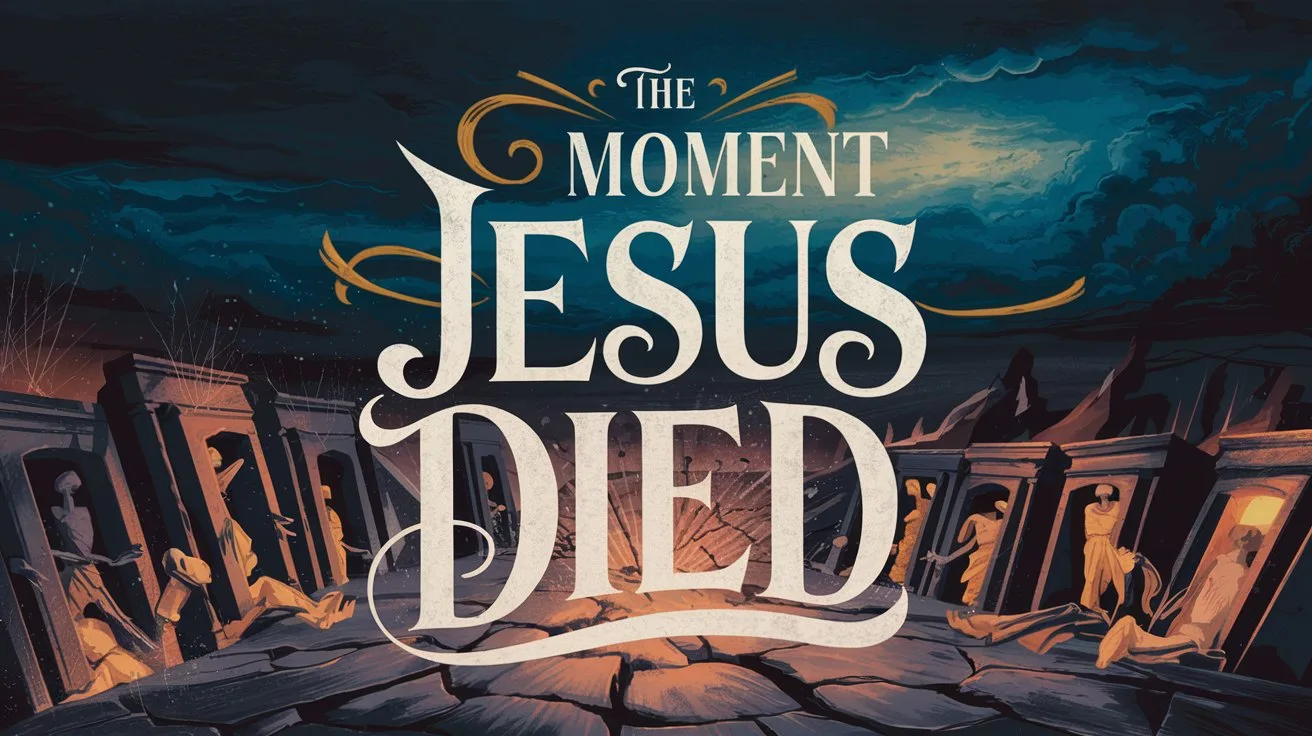Jezebel is one of the most infamous characters in the Bible. Her very name has become synonymous with manipulation, control, and outright rebellion against God. This study will examine Jezebel’s life, her actions, her death, and the spiritual implications of her character. By understanding who Jezebel was and what she represents, we can gain insight into the dangers of her spirit that still operates in the world today.
Who Was Jezebel?
Jezebel was the daughter of Ethbaal, the king of the Sidonians and a priest of Baal, a false god. Her marriage to King Ahab of Israel was a political alliance that brought Baal worship into Israel on a grand scale (1 Kings 16:31). Jezebel was not an ordinary queen; she was a ruthless, power-hungry woman who sought to dominate her husband and the kingdom. Her influence led to one of the most spiritually dark times in Israel’s history.
The Marriage of Ahab and Jezebel: Control and Manipulation
Jezebel’s marriage to Ahab was the beginning of a toxic and unholy partnership. Ahab was the seventh king of Israel, and Scripture describes him as one who “did evil in the sight of the Lord, more than all who were before him” (1 Kings 16:30). However, Ahab’s wickedness was amplified by Jezebel’s influence. The Bible says: “There was no one like Ahab who sold himself to do wickedness in the sight of the Lord, because Jezebel his wife stirred him up” (1 Kings 21:25).
Jezebel manipulated her husband, controlled his decisions, and led him into deeper idolatry. She had no regard for God’s laws or the prophets of the Lord. Instead, she established Baal worship as the official religion of Israel, building altars and high places to this false god (1 Kings 16:32-33). Ahab, rather than being a strong and godly leader, became passive and allowed Jezebel to rule over him.
Jezebel’s Persecution of God’s Prophets
Jezebel’s hatred for the worship of Yehova was fierce. She began a campaign of extermination against the prophets of the Lord. The Bible records: “Jezebel massacred the prophets of the Lord” (1 Kings 18:4). She sought to wipe out any trace of true worship in Israel, replacing it with Baal worship.
The most notable confrontation was with the prophet Elijah, who stood as a lone voice against the idolatry and wickedness of Ahab and Jezebel. Elijah boldly confronted Ahab, declaring that a severe drought would come upon the land as judgment for their sins (1 Kings 17:1). Jezebel’s response was to hunt down Elijah and kill him. Elijah fled for his life, showing just how dangerous Jezebel’s wrath could be (1 Kings 19:2-3).
The Battle on Mount Carmel: Elijah vs. Jezebel’s Prophets
The conflict between Elijah and Jezebel’s false prophets reached its climax on Mount Carmel. Elijah challenged the prophets of Baal to a showdown, declaring: “How long will you falter between two opinions? If the Lord is God, follow Him; but if Baal, follow him” (1 Kings 18:21). The prophets of Baal, numbering 450, failed to call down fire from their god, but Elijah prayed, and the Lord answered by sending fire from heaven (1 Kings 18:38). This powerful display proved that the Lord is the true God.
After the victory, Elijah ordered the execution of the false prophets, further enraging Jezebel. She vowed to kill Elijah, saying: “So let the gods do to me, and more also, if I do not make your life as the life of one of them by tomorrow about this time” (1 Kings 19:2). Elijah, exhausted and fearful, fled into the wilderness, showing the extent of Jezebel’s power and influence.
Jezebel’s Manipulation and the Naboth Incident
Jezebel’s wickedness extended beyond religious persecution. She was also deeply corrupt in her use of power, as seen in the account of Naboth’s vineyard (1 Kings 21). Ahab desired the vineyard of Naboth, but Naboth refused to sell it because it was his family’s inheritance. Ahab sulked and pouted like a child, and Jezebel stepped in, saying: “Do you now govern Israel? Arise, eat food, and let your heart be cheerful; I will give you the vineyard of Naboth the Jezreelite” (1 Kings 21:7).
Jezebel devised a wicked plan. She wrote letters in Ahab’s name, sealing them with his seal, and instructed the elders of Naboth’s city to falsely accuse him of blasphemy. They followed her orders, and Naboth was stoned to death. Jezebel then took possession of the vineyard and gave it to Ahab. This incident shows her ruthless nature and her willingness to lie, manipulate, and even murder to get what she wanted.
The Prophecy Against Jezebel and Her Death
The Lord, through the prophet Elijah, pronounced judgment against Ahab and Jezebel because of their wickedness. Elijah declared: “The dogs shall eat Jezebel by the wall of Jezreel” (1 Kings 21:23). This was a shocking and graphic prophecy, showing the severity of God’s judgment on her.
Years later, this prophecy came to pass. Jezebel continued her reign of terror until the rise of Jehu, whom God anointed to bring justice. In 2 Kings 9, Jehu rode to Jezreel to confront her. When Jezebel heard of his arrival, she painted her eyes, adorned her head, and looked out of the window, showing her defiance and pride. Jehu commanded her servants to throw her down from the window. They obeyed, and Jezebel fell to her death. The Bible says: “And when they went to bury her, they found no more of her than the skull and the feet and the palms of her hands” (2 Kings 9:35). The dogs had eaten her flesh, fulfilling Elijah’s prophecy.
Jezebel’s Legacy: The Spirit of Jezebel Today
Jezebel’s spirit did not die with her. In the New Testament, Jesus rebukes the church in Thyatira for tolerating “that woman Jezebel, who calls herself a prophetess, to teach and seduce My servants to commit sexual immorality and eat things sacrificed to idols” (Revelation 2:20). This reference shows that the spirit of Jezebel is not just a person, but a demonic influence characterized by manipulation, control, idolatry, and rebellion against God’s authority.
The spirit of Jezebel often manifests in those who seek to dominate and control others, particularly in the church. It operates through manipulation, fear, and false teaching, seeking to lead God’s people away from the truth and into idolatry and immorality. We must be vigilant and discerning, refusing to tolerate this spirit in our lives and communities.
My Final Thoughts
Jezebel’s life serves as a stark warning about the dangers of unchecked sin, manipulation, and rebellion against God. Her end was gruesome, and her legacy is one of shame. But it also shows us the power of God’s justice and the fulfillment of His Word.
James 4:6 says: “God resists the proud, but gives grace to the humble.” Jezebel’s pride and arrogance led to her downfall, while humble servants like Elijah, despite their fears, were used mightily by God. We must choose whom we will serve—will we walk in humility before the Lord, or will we follow the path of Jezebel, seeking our own desires and rejecting God’s authority?












